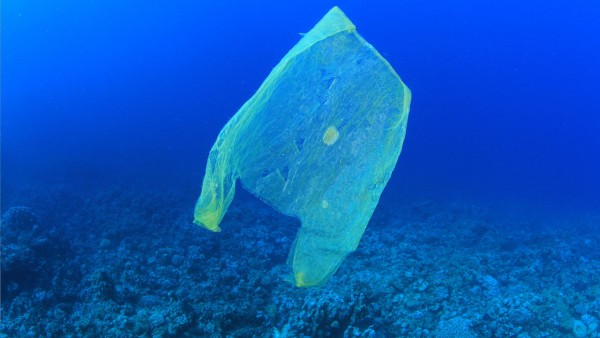
Breaking News
 Mirrored concrete for cheap solar energy
Mirrored concrete for cheap solar energy
 All Government Is Dictatorial Because All Government Is Totalitarian
All Government Is Dictatorial Because All Government Is Totalitarian
 Putin Says He's Ready for Peace
Putin Says He's Ready for Peace
 Medicaid Fraud in Minnesota at least $9 Billion Since 2018
Medicaid Fraud in Minnesota at least $9 Billion Since 2018
Top Tech News
 Perfect Aircrete, Kitchen Ingredients.
Perfect Aircrete, Kitchen Ingredients.
 Futuristic pixel-raising display lets you feel what's onscreen
Futuristic pixel-raising display lets you feel what's onscreen
 Cutting-Edge Facility Generates Pure Water and Hydrogen Fuel from Seawater for Mere Pennies
Cutting-Edge Facility Generates Pure Water and Hydrogen Fuel from Seawater for Mere Pennies
 This tiny dev board is packed with features for ambitious makers
This tiny dev board is packed with features for ambitious makers
 Scientists Discover Gel to Regrow Tooth Enamel
Scientists Discover Gel to Regrow Tooth Enamel
 Vitamin C and Dandelion Root Killing Cancer Cells -- as Former CDC Director Calls for COVID-19...
Vitamin C and Dandelion Root Killing Cancer Cells -- as Former CDC Director Calls for COVID-19...
 Galactic Brain: US firm plans space-based data centers, power grid to challenge China
Galactic Brain: US firm plans space-based data centers, power grid to challenge China
 A microbial cleanup for glyphosate just earned a patent. Here's why that matters
A microbial cleanup for glyphosate just earned a patent. Here's why that matters
 Japan Breaks Internet Speed Record with 5 Million Times Faster Data Transfer
Japan Breaks Internet Speed Record with 5 Million Times Faster Data Transfer
Scientist develops biodegradable, edible non-plastic bags to halt the continued plastic...

(Natural News) One country that has been making a concerted effort to reduce plastic waste is India. A ban on disposable plastics is set to go into effect in the Delhi region this year, outlawing the use of produce bags, cutlery and other disposable plastics, and many cities already ban plastic bags. It is therefore not surprising that one of the more innovative approaches to the fight against plastic is coming out of India.
In fact, it was a solution to the problems posed by this type of legislation that inspired Ashwath Hegde's novel solution. Hegde noticed that many Indians were struggling to find a new way to bring their groceries home after the ban made traditional produce bags illegal. He said that many people cannot afford a reusable bag to carry their purchases, so he wanted to find an answer that would be both affordable and sustainable.
The trick was finding a material that would mimic plastic's strength and flexibility while still being completely biodegradable and organic. He found success by mixing vegetable oil derivatives with natural starch, tapioca, potato and banana. The raw materials are converted to a liquid and then must undergo six more steps before becoming bags that have the look and feel of plastic without any of the negative effects on the environment such bags bring. Even the paint that is used to print on the bags is organic and natural.
Hegde's EnviGreen bags degrade naturally in just 180 days, but they will disappear in just one day if they are placed in water at room temperature; they can dissolve in boiling water in just 15 seconds. They pose no danger to plants, animals or the environment, and they contain no conventional plastics.
However, the most interesting quality these bags possess is the fact that they are completely edible. While you might not want to serve them to guests for dinner, animals that encounter them in the environment can eat them without suffering any adverse effects. A number of tests have proven their safety and biodegradability, and Hegde drove the point home by dropping one of his EnviGreen bags into boiling water and then drinking it in an interview with the press. (RELATED: Find more news about natural solutions at Natural.News)
Plastic bags are polluting our oceans and killing animals
If these bags can be made and distributed on a wide scale, it could make a big difference to the ongoing problems caused by plastic bags. Many people use traditional plastic bags without giving a second thought to just how significant the damage they cause really is. (RELATED: Read more news about protecting the environment at ENVIRO.news)
It is estimated that 100,000 sea turtles and other types of marine life meet an untimely death each year as a direct result of of plastic bags, either because they are strangled by them or because they ingest them. More than 700 species are now endangered thanks to plastic waste, and nine out of 10 sea birds have plastic in their stomachs. Without safe, clean water to drink, more animals will die as pollution continues to increase.
Problem is widespread and growing

 Advanced Propulsion Resources Part 1 of 2
Advanced Propulsion Resources Part 1 of 2

